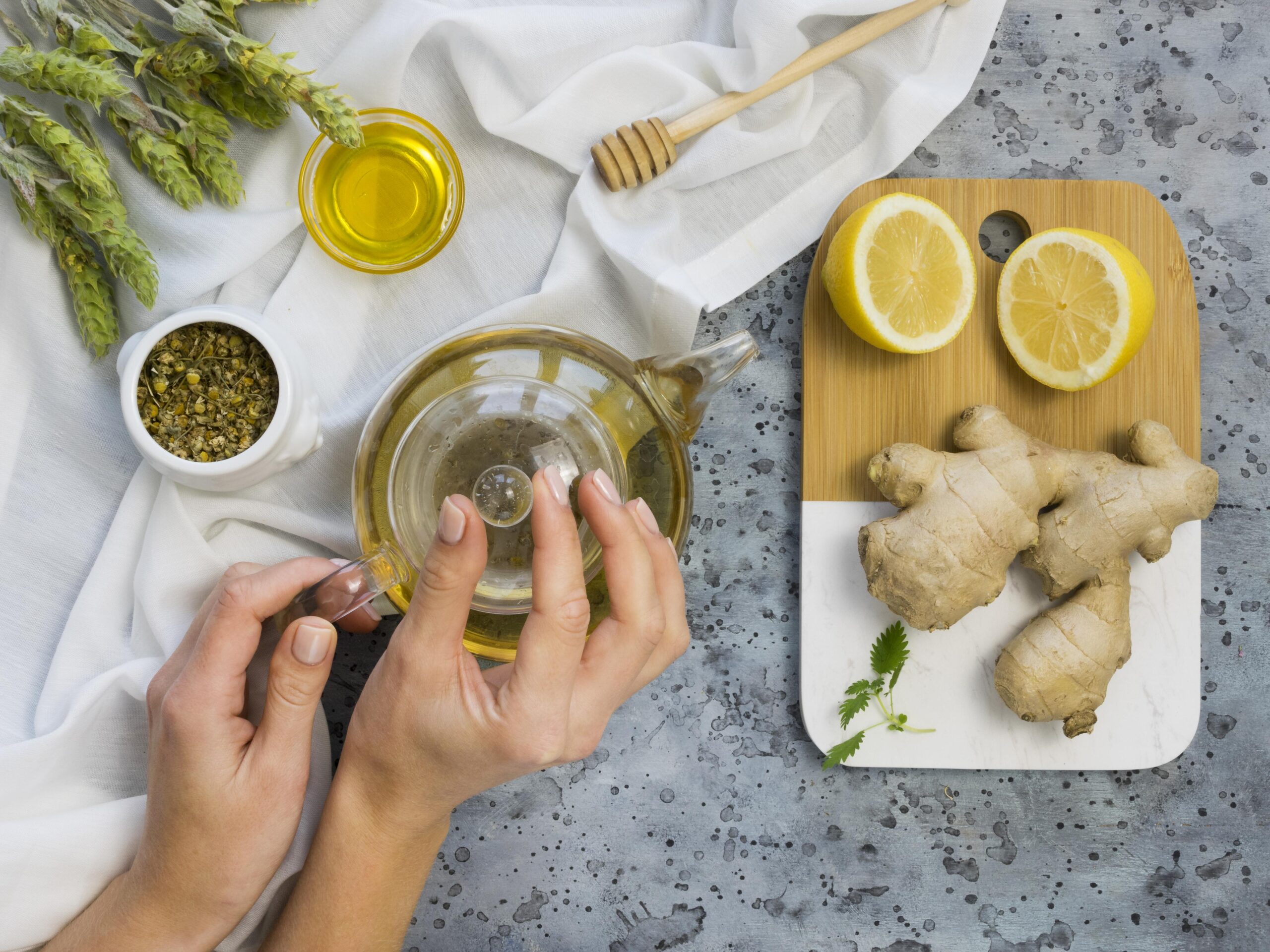
Parkinsons Disease Treatment (PD) is a progressive neurodegenerative disorder that affects movement, balance, and coordination. It is primarily caused by the degeneration of dopamine-producing neurons in the brain, leading to symptoms such as tremors, stiffness, slowness of movement, and postural instability.While modern medicine offers symptomatic relief through medications like Levodopa and surgical options such as Deep Brain Stimulation (DBS), these often come with long-term side effects. This has led many patients and caregivers to explore alternative options — particularly Parkinsons Disease treatment in Ayurveda, India’s ancient and holistic medical science.
Parkinsons Disease treatment in Ayurveda focuses on balancing the body’s energies, especially the Vata dosha, which is considered responsible for most neurological conditions. Unlike conventional medicine, Parkinsons Disease treatment in Ayurveda emphasizes the root cause, using personalized herbal formulations, detox therapies, and lifestyle corrections to restore balance.
Many individuals are turning to Parkinsons Disease treatment in Ayurveda not only for symptom relief but also to improve their overall quality of life through natural, side-effect-free healing methods. With its gentle and comprehensive approach, Parkinson’s Disease treatment in Ayurveda offers a ray of hope for long-term management and well-being.
Understanding Parkinsons Disease in Ayurveda
In Ayurveda, Parkinson’s is closely associated with a condition called “Kampavata”, where:
“Kampa” means tremor,
“Vata” refers to the air and ether elements, responsible for movement and nervous function.
An imbalance in Vata dosha is seen as the primary cause of symptoms akin to Parkinsons. This imbalance disrupts the coordination between the mind and body, leading to tremors, rigidity, and loss of motor control.
The Ayurvedic approach does not just aim to control symptoms but works to restore systemic balance, detoxify the body, and rejuvenate the nervous system.
Ayurvedic Treatment Modalities for Parkinsons Disease
Ayurveda offers a multi-faceted approach that includes internal medications, external therapies, detoxification (Panchakarma), diet, and lifestyle changes.
1. Herbal Medicines
Several Ayurvedic herbs have neuroprotective, antioxidant, and Vata-balancing properties. Commonly used herbs include:
Ashwagandha (Withania somnifera): Strengthens the nervous system and reduces stress.
Brahmi (Bacopa monnieri): Enhances brain function and memory.
Shankhpushpi (Convolvulus pluricaulis): Aids in calming the mind and improving cognition.
Mucuna pruriens (Kapikacchu): A natural source of L-DOPA, it helps improve dopamine levels.
Guduchi (Tinospora cordifolia): Rejuvenates brain cells and boosts immunity.
These herbs are often used in formulations tailored to the individual’s constitution (Prakriti) and disease stage.
2. Panchakarma Therapy (Detoxification)
Panchakarma is Ayurveda’s deep detoxification and rejuvenation program, particularly beneficial in neurological disorders.
Key therapies include:
Abhyanga (herbal oil massage): Nourishes and calms the nervous system.
Shirodhara (oil dripping on the forehead): Deeply relaxes the brain and reduces anxiety.
Basti (medicated enemas): Specifically indicated for Vata disorders, helping cleanse and balance Vata in the colon.
Nasya (nasal oil administration): Supports brain detox and enhances clarity of mind.
3. Diet & Lifestyle Recommendations
Favor warm, oily, and easily digestible foods to pacify Vata.
Avoid dry, cold, or processed foods that aggravate Vata.
Follow a regular routine, with adequate rest and low-stress environments.
Gentle yoga, meditation, and pranayama (breathing exercises) improve coordination, focus, and emotional balance.
Ayurvedic Support Beyond Physical Symptoms
Parkinsons is not just a physical disorder — it affects emotions, cognition, and quality of life. Ayurveda emphasizes the connection between body, mind, and spirit. Supporting emotional health through practices like:
Mantra chanting
Spiritual counseling
Sattvic (pure) lifestyle choices
can bring mental peace and resilience to deal with chronic conditions.
Clinical Evidence & Caution
Research into Ayurvedic herbs like Mucuna pruriens shows promise in improving motor functions due to its natural L-DOPA content. However, Ayurvedic treatment should always be guided by a qualified Ayurvedic physician, especially when combining with modern medicines, to avoid interactions.
Conclusion
Ayurveda offers a natural and holistic approach to managing Parkinsons Disease by balancing the body and calming the mind. At Greenwich Ayurveda Hospital, we provide personalized Ayurvedic treatments that aim to improve quality of life and bring lasting relief through time-tested therapies and expert care.
If you or a loved one is living with Parkinsons, exploring Greenwich Ayurveda Hospital care could be a life-enhancing journey—rooted in nature, balance, and self-healing.
BY: admin
Uncategorized
COMMENTS: No Comments
